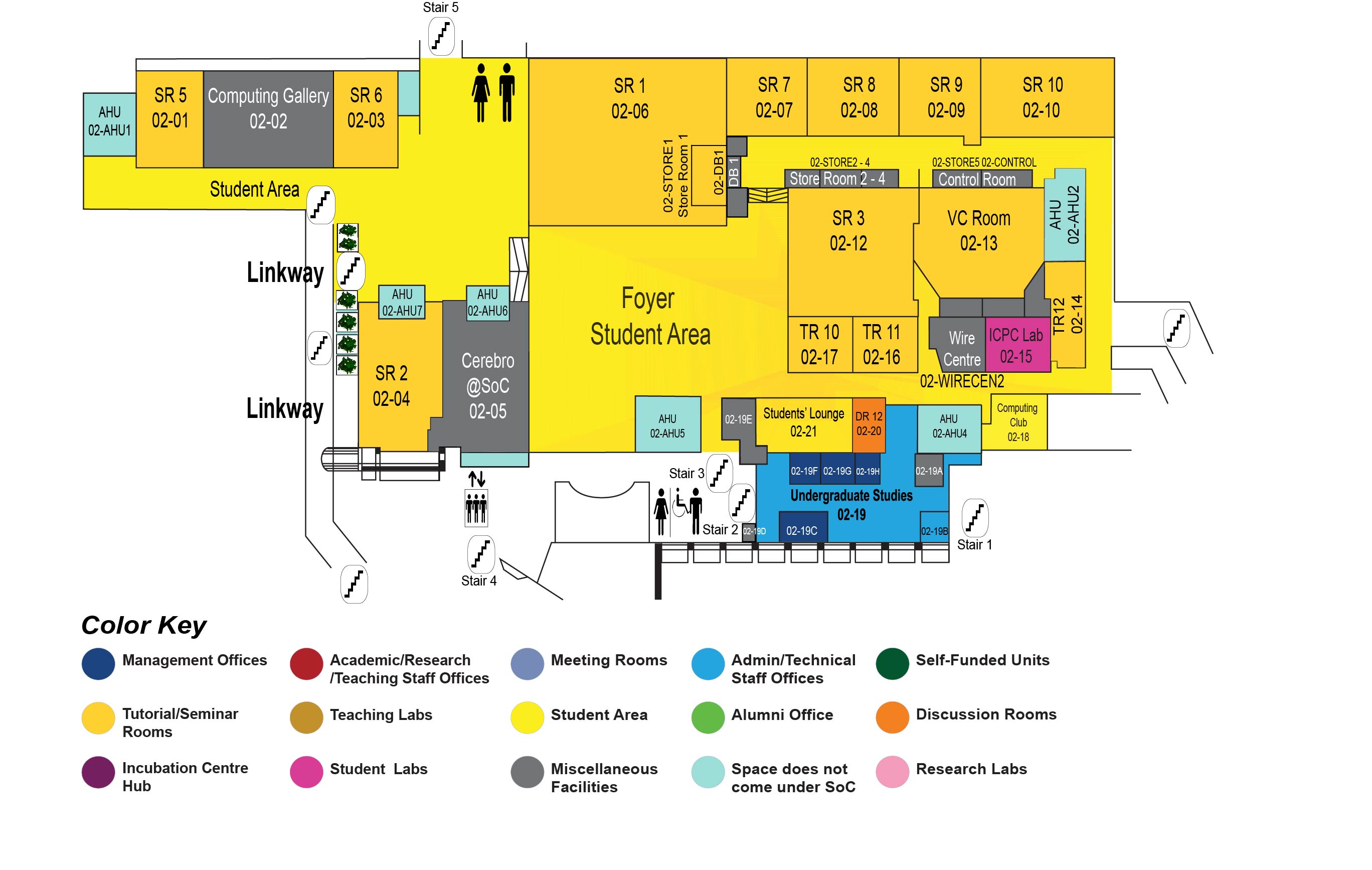Making Sense of Personal Data
COM1 Level 2
SR2, COM1-02-04

Abstract:
Everyday, people generate lots of personal data. Driven by the increasing use of online services and widespread adoption of smartphones, personal data take many forms, including communications (e.g., e-mail, SMS, Facebook), plans and coordination (e.g., calendars, TripIt, to-do lists), entertainment consumption (e.g., YouTube, Spotify, Netflix), finances (e.g., banking, Amazon, eBay), activities (e.g., steps, runs, check-ins), and even health care (e.g., doctor visits, medications, heart rate). Collectively, these data provide a highly detailed description of an individual. Personal data afford the opportunity for many new kinds of applications that might improve people's lives through deep personalization, tools to manage personal well-being, and services that support identity construction. And yet, today the "killer app" for personal data seems more focused on marketing and targeted advertising, rather than helping people improve their lives. In this talk, I'll discuss the potential presented by personal data, ongoing projects in this area, the challenges that exist, and what we can do to help.
Biodata:
Jason Wiese is an Assistant Professor in the School of Computing at the University of Utah. His research takes a user-centric perspective of personal data, focusing on how that data is collected, interpreted, and used in applications. His work crosses the domains of machine learning, privacy, user-centered design, real-world data collection, and user study design. Dr. Wiese's research excellence has been recognized by awards including: recognition as a Yahoo Fellow in 2014, the Stu Card Fellowship in 2012, a Carnegie Mellon Usable Privacy and Security IGERT trainee, and the Yahoo! Key Scientific Challenges Award in 2011. He publishes work in top Computer Science and HCI venues including CHI, CSCW, and UbiComp. He received his Ph.D. in Human-Computer Interaction from Carnegie Mellon University in 2015.

